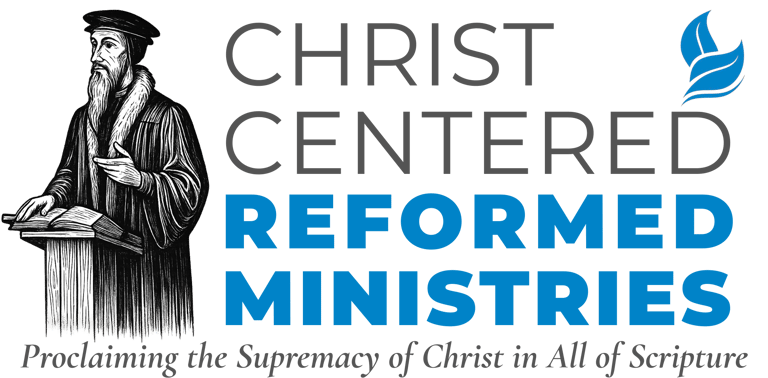The Will of God
Delve into an intimate exploration of 'God's will', weaving biblical references, theological insights, and a heartfelt connection to the Divine blueprint that shapes our universe and individual lives.
SYSTEMATIC THEOLOGY
Justin Hoke
10/19/20232 min read


When one contemplates the vast expanse of the universe, the intricate designs in nature, or the rhythm of our own heartbeat, a profound realization emerges: there's an omnipotent hand behind all this, a Divine blueprint, which we often term as "God's will". This will, spoken of time and again in the Scriptures, carries an echo of eternity, a whisper of something far grander than our earthly understanding.
In the Bible, Paul earnestly communicates, "Do not be conformed to this world, but be transformed by the renewal of your mind, that by testing you may discern what is the will of God, what is good and acceptable and perfect" (Romans 12:2). Yes, that same will—forever good, forever acceptable, forever perfect. This isn't just a passage; it's an invitation, a beckoning to understand that Divine design.
Now, I firmly believe—and I say this with a reverence born of both faith and understanding—that God's will isn't just an esoteric concept left for theologians to decipher. It's an integral part of our existence. It's the framework upon which the universe is built and the canvas upon which our lives are painted.
Take Augustus Toplady, for instance. His conviction about the sovereign nature of God's will resonates when he states, "The best definition of an absolute decree is that of the schoolmen: God’s firm and immutable purpose to do or permit that very thing which is done or permitted." Immutable. Firm. Purposeful. These aren't just words; they're truths, repeated across time and space, testifying of a God whose plans are unshakable.
Then we have Jonathan Edwards, another voice echoing through the corridors of time, asserting, "The decrees of God are his eternal purpose, according to the counsel of his will, whereby, for his own glory, he hath foreordained whatsoever comes to pass." Every word there matters, especially "foreordained." It speaks of a future sculpted, not by random chance, but by a masterful, loving hand.
Diving deeper, God's will can be dissected, yet never truly compartmentalized, into three nuances:
Decretive Will: This is God’s sovereign plan, every piece, every detail of which will surely come to pass. As the wise words of Proverbs resonate, "Many are the plans in the mind of a man, but it is the purpose of the LORD that will stand" (Proverbs 19:21). Yes, HIS purpose will stand, always has, always will.
Preceptive Will: God's desires for our conduct, His moral teachings. While humans have the choice to follow or stray, the compass remains clear. As reiterated in Deuteronomy, "And now, Israel, what does the Lord your God require of you, but to fear the Lord your God, to walk in all his ways" (Deuteronomy 10:12). To walk in HIS ways, that's the essence.
Permissive Will: Even in the depths of trials, like Job's, God's sovereignty is evident. He allows, not out of indifference, but purpose. Every challenge, every sorrow has its place in the grand tapestry of existence.
I implore you, not as an impersonal writer but as a fellow seeker, to recognize the depth, the gravity, and the sheer beauty of God's will. It's not just theology; it's the breath we take, the steps we make, and the purpose we find. In understanding this will, we don't just uncover a doctrine; we discover our place in this vast, beautiful design.
As you journey on, may you always find solace in the unchanging, resolute will of God, forever guiding, forever echoing, and forever perfect.
